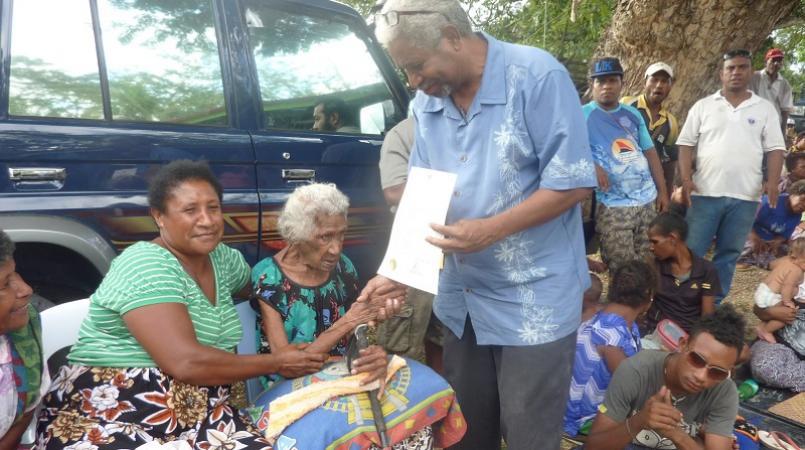Image Source: emtv.com.pg
With the intent to safeguard the security, welfare, and the future of clans in Papua New Guinea, they are being encouraged by the government to place their customary land under the Incorporated Land Groups (ILG) as opposed to selling them. This is to ensure that the land gets a return value while remaining under their ownership. But what exactly is ILG and what are the benefits of placing customary land under it?
Incorporated Land Groups
Acting Executive Director Esekia Warvi of the Office of Customary Land Development urged people to register under the Voluntary Customary Land Registration and the Incorporated Land Group. He says, “The ILG/VCLR processes are designed to eradicate land grabbing and pursue natural justice by granting formal recognition to land under customary ownership through incorporated landowning groups.”
Max Wagi ILG manager for Southern and New Guinea Islands says, “By registering your land under an ILG, you will be recognised by the State to secure that piece of land by having a title so that any developer has to negotiate with the clan.”
The role of ILGs is meant to protect owners of customary land from what is known as land grabbing – people or groups leasing out and abusing both the land meant for agricultural development and the landowner’s ability to intervene. These major land grabbing issues are done with the use of Special Agriculture and Business Leases.
Cool Earth mentioned that in 2014, there was a study conducted on 36 agricultural projects that referenced 51 SABLs. The study showed that out of the 36, only 4 allowed crop production potential. This is why even the OCLD is backing up Prime Minister O’Neil, urging people to place their customary land under ILG. This recognizes the customary landowner group as a legal body, able to claim royalties and legal protection – they are able to sue people or groups abusing their land rights.
Impact of Incorporated Land Groups
According to a case study by the Department of Foreign Affairs and Trade, there are a few lessons we can learn from the ILG. It states that it’s a good way for “customary groups to engage in the formal economy and legal system.” It also says that it can bring out the potential of land, assists in the administration of royalties and compensation payment, and allows flexibility in income distribution.
But it also states that certain mechanisms still need to be created and utilized in order to fully take advantage of the ILG. These include mechanisms to educate people on capabilities, function, identification, and provision by the government. It continues that it does “require the support and regulation of government to ensure that they are effectively formed and managed.”
Wagi concludes that even with the increase in the number of ILGs, further awareness is still required in order for the people to understand the importance of registering the land as opposed to selling it.
Even with further requests for amendment, what matters now is that the option is already there, should there come a need for it. In the end, it is still under the landowner’s discretion.




Comments